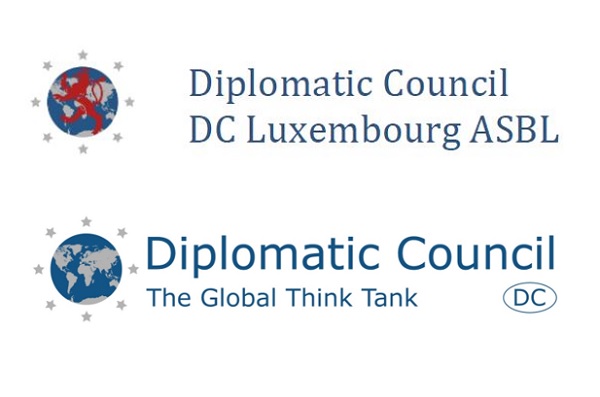
The Diplomatic Council DC Luxembourg ASBL met on Wednesday 22 May 2024 at the Cercle Münster in Luxembourg-Grund to discuss the topic of Nuclear Power.
Benjamin Ptak addressed that gathering with a presentation entitled "Nuclear Power: Myths and Reality".
He stated that nuclear power is an energy source that is always seen as a non-solution for climate change despite the fact that the technology produces no carbon emissions and could be a formidable asset to decarbonise our electrical grid and provide plentiful energy at low cost.
During the presentation, those attending were shown how a nuclear powerplant works; the fission of the atom is used to boil water which will be sent to a steam turbine to generate electricity.
A few myths were also addressed, such as the issue of nuclear waste and the amount of nuclear fuel available in the world.
He claimed that, as it stands today, there are no nuclear waste issues as solutions such as deep burial or transmutation of nuclear wastes are both technologies available to us; moreover, he argued that nuclear fuel is available everywhere on the planet and extraction of uranium from seawater would allow us to power the entire world for at least 100,000 years.
A cost analysis between nuclear power and renewable energy was presented and, according to the study, the use of the LCOE (Levelized Cost Of Electricity) is an inadequate metric to provide a proper answer to the cost of the energy transition and instead the use of the Overnight Capital Cost appears to be a better candidate for that purpose.
It was shown that nuclear power is a cheaper alternative to renewable energy. Moreover, for the same energy output, a nuclear power plant uses fewer resources and land compared to the alternative.
The presentation showed the benefit nuclear power could provide for our society as a whole, as a nuclear power plant can also be used as a source of heat which could be used in different ways, such as generating fresh water via seawater desalination, generating food with vegetable towers or even provide heat for district heating or others industrial processes.
Finally, Small Modular Reactors (SMRs) were presented as a new alternative to make nuclear power cheaper and provide energy solutions without the need for giant nuclear power plants. The only barrier to the technology is the lack of new constructions despite the fact that SMRs are a proven technology, already employed on nuclear ships and submarines.








